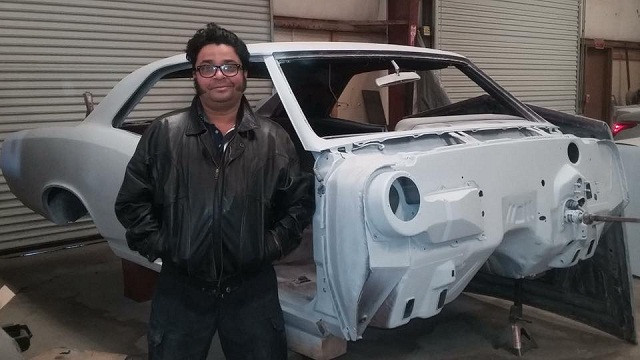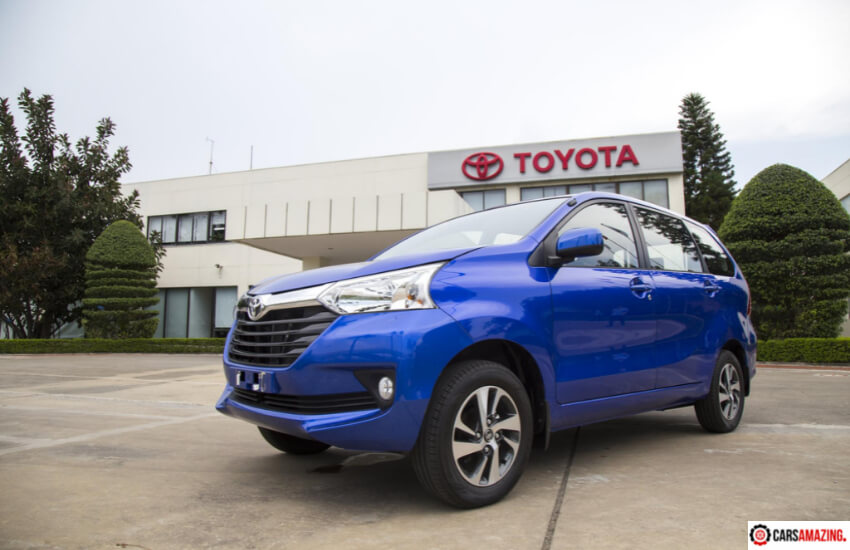Last Updated on February 11, 2023 by Leepu Da Maxim
A Toyota Disposition fee is an amount charged by Toyota Motor Credit Corporation (TMCC) when you return a leased Toyota vehicle. Usually, this fee covers the cost of reconditioning and reselling the car. The Toyota Disposition fee can range from $350 to $500.
Key Takeaways
- You must keep in mind that the Toyota Disposition fee can vary and it mostly depends on the model of the vehicle, the location, and the lease terms
- Toyota will charge the fee when you will return the vehicle, or if you terminate the lease early
- The Toyota Disposition fee includes cleaning, reconditioning, and marketing the vehicle
- You might have to pay an extra disposition fee for mileage overage, excess wear, and tear, etc.
Common Lease Terms Explained

Before signing a lease agreement, you need to understand the fine print to know what you’re getting yourself into. Understanding these terms will help you determine the costs included at lease signing and the end of your lease. This section takes you through some standard lease terms to help you understand what you commit to before driving the car of your dreams from the dealer’s lot.
Residual Value
The residual value is the amount your car will be worth at the end of the lease period taking into account the wear and use you’ve subjected the vehicle to throughout your lease. This amount is usually set depending on industry data. For example, a new Toyota Camry valued at $25,000 may be worth $13,000 at the end of the lease. The residual value is, therefore, $13,000. The best vehicles to lease are those that retain more than 50% of their value after five years.
Acquisition Fee
An acquisition fee is also referred to as the administrative or bank fee and is the cost of arranging the lease. Sometimes you will be required to pay it upfront, and other times the dealer may allow this fee to be integrated with your monthly payments. Acquisition fees range between $350-$895, depending on your dealer and vehicle model.
Lease Equity
Lease equity is the amount above the predicted residual value of your leased car. For example, the dealer predicts a residual value when renting a vehicle at the end of your lease. If you drive the car for less than the allotted mileage, you will have lease equity to lease another car at the dealership.
Excess Wear And Use
As you drive your new car, some wear and tear are bound to happen during your lease period. However, any excess use and wear on the vehicle will cause extra charges at the end of your lease. These guidelines for excessive wear are primarily included in your lease agreement. You can also consider purchasing excess wear and use protection to avoid such charges.
Mileage Limit
When you lease a car, the dealer specifies in the lease agreement the number of miles you can drive annually. If you exceed this limit, you will be required to pay an excess mileage charge. The standard mileage limit is usually 12000 miles per year, but it may vary. You may have the option to choose lower or higher mileage limits which will affect the vehicle’s residual value at the end of the lease.
Cap Cost Reduction
The capitalized cost reduction is similar to a down payment and is the initial amount put toward the vehicle. This cost is used to calculate your monthly payments by taking the amount you pay for cap cost minus the car’s residual value. When leasing a vehicle, it is advisable to negotiate this amount as though you were buying the car to get the actual market value.
Early Termination Fee
This is the fee you pay for terminating your lease before the agreed end date. The charges will vary depending on the dealer and what was outlined in your agreement. If you terminate the lease to buy the car, you may get this fee waived.
Tips For Leasing A New Car

Navigating the car leasing process can be a challenge for first-timers; you may not know how to evaluate the contracts and fees charged. Here are some tips that will help make the process smooth for you.
1. Do Your Research And Consult Various Dealers
Before deciding which car, you will get and which dealer you will lease from, research thoroughly to get the best deal. Visit several dealers and take test drives to settle on the vehicle brand and model you want.
2. Understand Your Contract Before Signing It
The lease contract outlines specific terms and conditions, fees you will be required to pay, and such things. Before signing any contract, ensure you have read and understood all the details, including unfamiliar terms. If you don’t understand any clause in the agreement, ask the salesperson and do your research.
3. Consider The Total Cost Of The Lease
When leasing a car, it is tempting to look at the monthly payments compared to what you would pay for the loan and overlook other costs. When taking a lease, consider that you won’t have any equity at the end. Consider all the payments you will have to make, then decide whether they make sense to you and are worth it. Always ensure you go for a vehicle that you can comfortably afford. Negotiate the terms of your lease that are negotiable to ensure you get the best possible deals. You can negotiate even the mileage limit if you are likely to exceed the allocated allowance.
4. Keep Up With Required Maintenance
Your car will be assessed for any damage or excessive wear and tear at the end of your lease. If the car has any missing parts or is dented, you will be charged a fee to repair it. Always ensure you take care of the leased car and follow the recommended maintenance schedule to avoid extra charges.
5. At The End Of The Lease, Return The Car To The Originating Dealership With Everything You Need To Have
Once the lease ends, it’s time to return the vehicle to a dealer; you might need an inspection before or have it inspected as you turn it in. you can return the car to any dealership of the same brand, but most times, dealers are hesitant to take on extra inventory. It is advisable to return the vehicle to the same dealer for a smooth experience. Take back all the things that came with the car, including spare tires, second pair of keys, original floor mats, cargo covers, etc.
Conclusion
Leasing a car is fantastic, especially if you get a good deal; you have the freedom of changing cars often without worrying about where to take your old car. You can also get to experience your dream car firsthand before you commit to buying it. There are many complicated terms and fees involved in the car leasing process, and you need to know what they mean before signing that contract. We hope that this article has enlightened you and you will be better informed when leasing your next car.

Hi, I’m Leepu Da Maxim , a dedicated car enthusiast with over 10 years of experience in this field, and I’m thrilled to share my passion and expertise with fellow car enthusiasts like you. My journey began in my hometown West Jordan, Utah, where my fascination with the mechanics and design of cars sparked at a young age. Over the years, this passion has evolved into a commitment to providing accurate, insightful, and engaging information about all things automotive through CarsAmazing .

